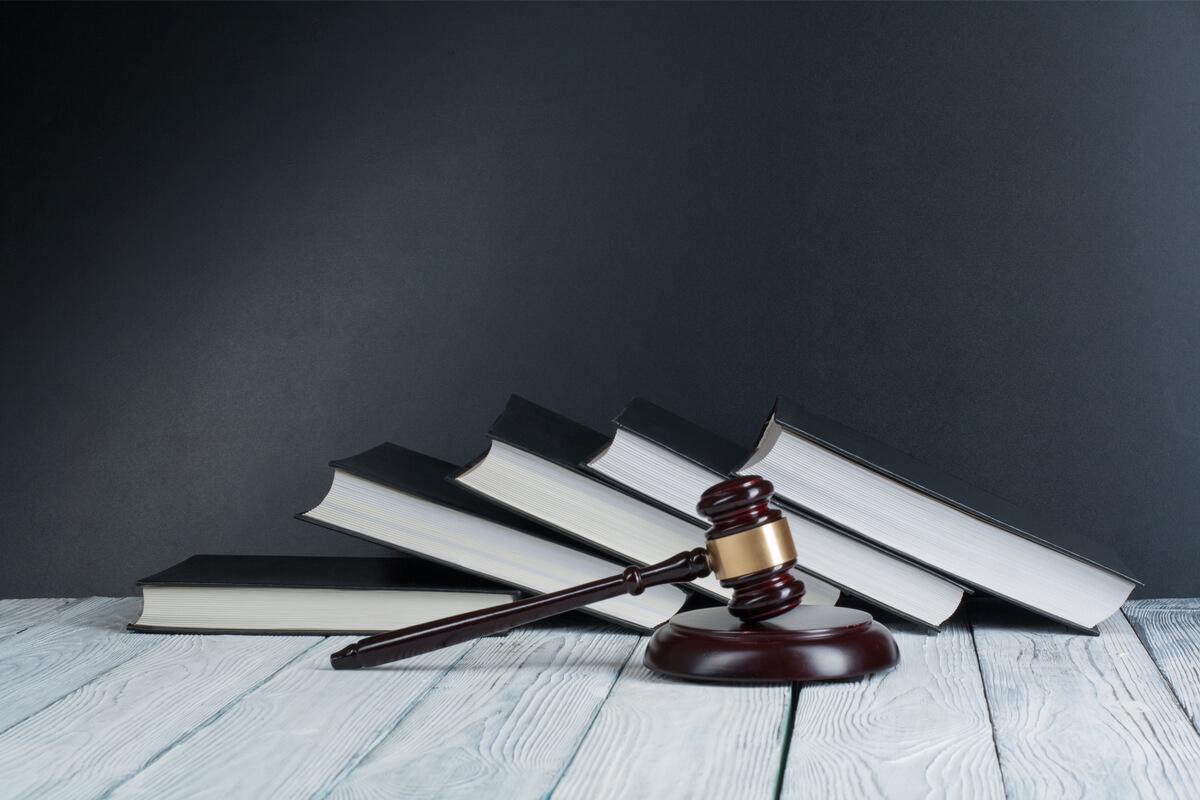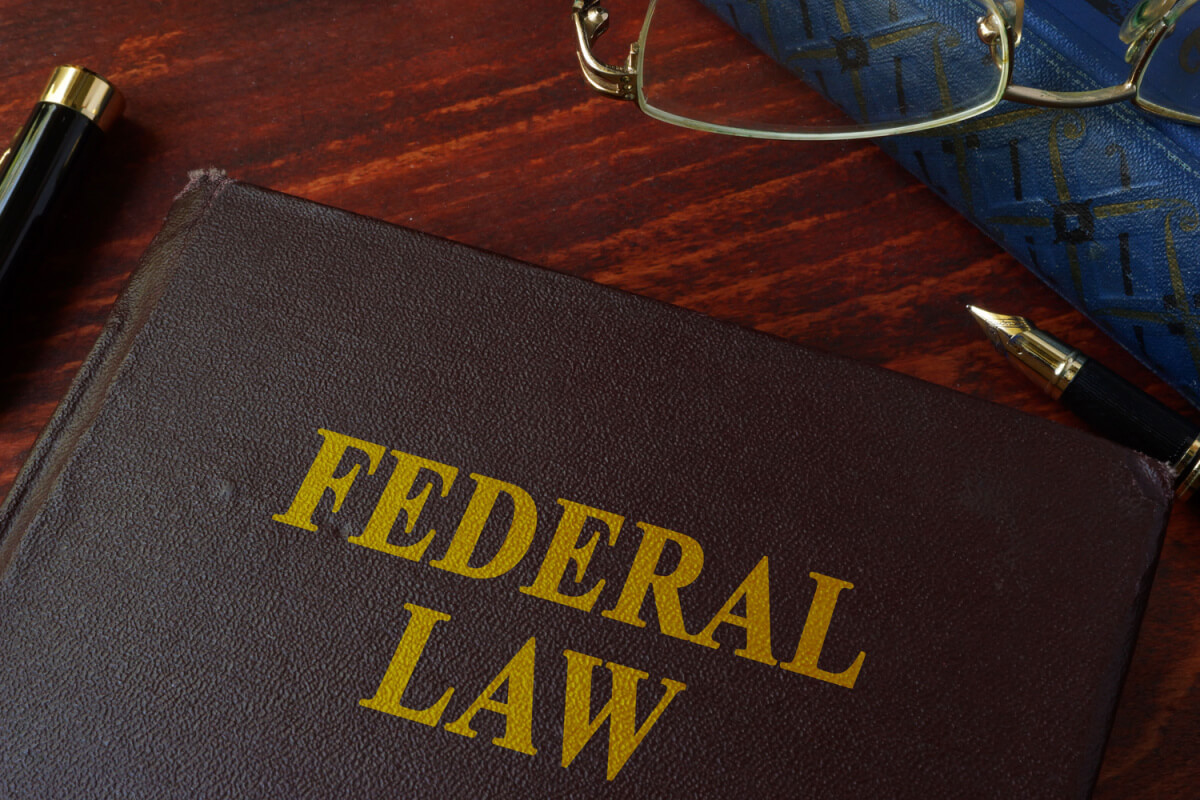
June 04, 2023 Last Updated: December 8, 2025 by Anthony Riccio
Every criminal case in Massachusetts rises and falls on the strength of its evidence. A jury cannot convict without it, and a defense attorney cannot protect a client without knowing how to challenge it. Evidence takes many forms: an eyewitness account, a text message, DNA from a crime scene, or even a simple document.
What matters most is not just what evidence exists, but whether it is reliable, legally obtained, and properly presented in court. For anyone facing charges, understanding how evidence works in the courtroom is essential to building a strong defense.
Courts rely on multiple categories of evidence to weigh the facts of a case:
Each category plays a distinct role, and defense attorneys must examine both its potential and its vulnerabilities.
For evidence to hold weight in court, it must be preserved and authenticated properly.
In Massachusetts, maintaining an unbroken chain of custody is essential for ensuring that evidence remains authentic and admissible.
Chain of custody refers to the documented process of handling evidence from discovery to trial. Any gaps can raise doubts about tampering.
Secure storage, detailed logging, and compliance with legal protocols are all necessary. Courts may exclude evidence entirely if it is mishandled, regardless of its value.
The U.S. Constitution sets strict boundaries on how evidence can be obtained and used.
Under the Fourth Amendment, any evidence obtained through an unlawful search or seizure may be deemed inadmissible under the exclusionary rule.
The Fourth Amendment requires police to have warrants supported by probable cause, protecting citizens from unlawful searches. The Fifth Amendment guards against self-incrimination, allowing defendants to remain silent without penalty. Improperly obtained confessions or statements may be excluded from trial.
The Kevin Spacey Nantucket case demonstrated this principle when missing cell phone data could not be used after the plaintiff invoked Fifth Amendment protections. The case was dismissed, underscoring how constitutional rights directly shape trial outcomes.
More details on these safeguards are available through the U.S. Courts.
Eyewitness accounts are powerful but often unreliable. Stress, memory lapses, and outside influences can distort what someone recalls. Cross-racial identifications are especially problematic, with studies showing higher error rates in such cases.
The Innocence Project reports that eyewitness misidentifications have contributed to more than 70% of wrongful convictions overturned through DNA testing in the United States.
In Massachusetts, several exonerations have revealed the dangers of overreliance on eyewitness testimony. Defense lawyers carefully probe these accounts for inconsistencies to protect their clients.
Expert witnesses help courts interpret technical or scientific information. From forensic scientists to medical professionals, they can clarify DNA results, fingerprint analysis, or ballistics testing. Their expertise adds credibility, but their conclusions are not immune to challenge.
DNA testing has transformed modern trials by providing powerful confirmation or contradiction of a person’s involvement. Still, mistakes in collection, contamination, or statistical interpretation can undermine its reliability.
Other forensic methods, such as firearms analysis or fingerprint comparison, also face scrutiny. A seasoned Massachusetts criminal defense lawyer will know when to question these findings and when to rely on them to strengthen a defense.

Defense attorneys do not simply accept the prosecution’s case at face value. They examine every piece of evidence for weaknesses.
Vigilant analysis and strategic tactics are essential in countering the prosecution’s evidence and building a persuasive defense.
Motions to suppress may exclude evidence obtained without proper warrants. Cross-examination can reveal contradictions or expose flawed forensic methods. In some cases, presenting alternative explanations creates reasonable doubt.
By holding the prosecution accountable to strict evidentiary standards, defense counsel ensures a fair trial.
| Type of Evidence |
Definition |
Example |
Defense Consideration |
| Direct Evidence | Directly proves a fact | Video of crime in progress | Is the source credible and unaltered? |
| Circumstantial | Requires inference | Fingerprints at scene | Could there be alternative explanations? |
| Testimonial | Statements by witnesses | Eyewitness account | Is the witness credible and unbiased? |
| Physical | Tangible objects | Weapon, clothing | Was the chain of custody preserved? |
| Documentary | Records, photos, videos | Emails, contracts | Was authenticity verified? |
Direct, circumstantial, testimonial, physical, and documentary evidence are the most common categories in court.
Yes. Courts may exclude unlawfully obtained or mishandled evidence under constitutional protections and evidentiary rules.
Eyewitness accounts can be influenced by memory flaws, stress, or bias, leading to misidentification.
DNA can be powerful but is not infallible. Errors in collection or interpretation can affect reliability.
It is the documented process that tracks who handled evidence and ensures its authenticity in court.
By questioning reliability, highlighting procedural errors, or introducing alternative explanations to create reasonable doubt.
Evidence determines the strength of every criminal case. From constitutional protections to forensic analysis, courts apply strict rules before admitting records, testimony, or scientific findings. Defendants need more than awareness of these rules; they need advocacy that ensures fairness and accuracy at every stage.
At Riccio Law, Attorney Anthony Riccio provides focused, one-on-one representation. With deep knowledge of Massachusetts evidence law and courtroom strategy, he helps clients challenge questionable records and protect their rights. For anyone facing criminal charges, skilled legal guidance can make all the difference.